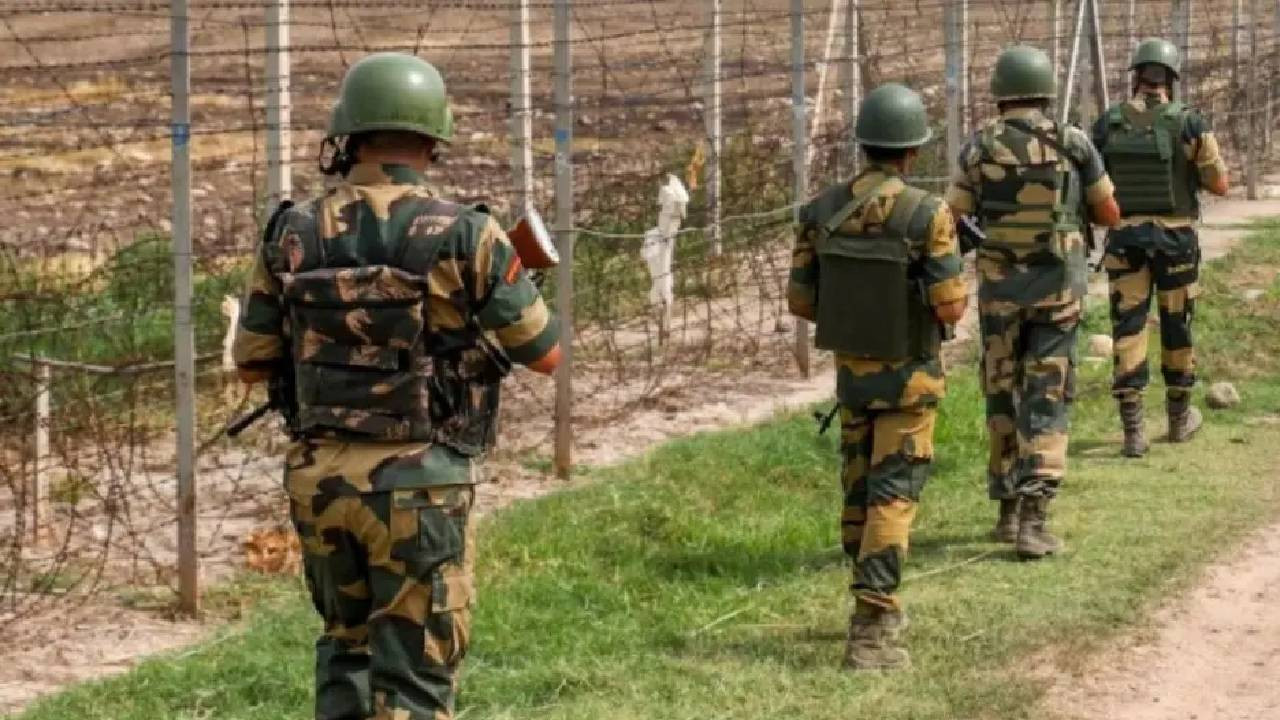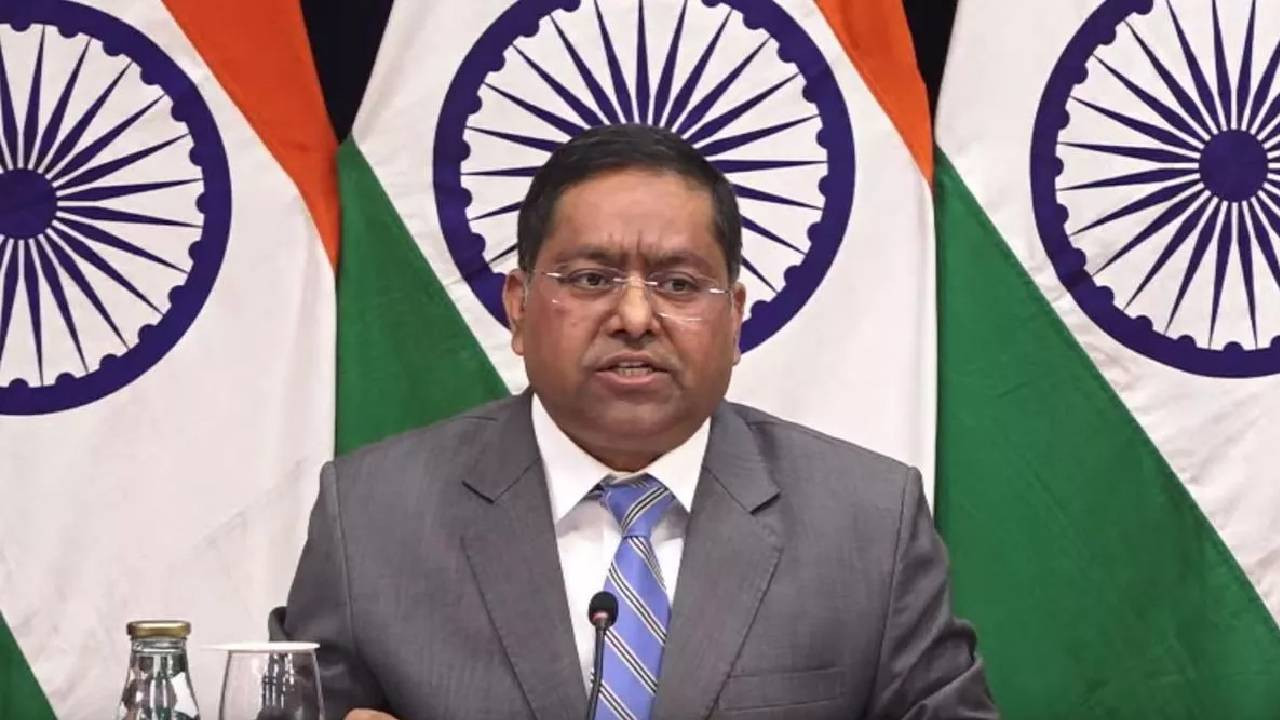International News: The already strained relations between India and Pakistan have taken a new turn after former Pakistani Foreign Minister Bilawal Bhutto threatened military action if India suspends the Indus Water Treaty and proceeds with dam construction. Addressing a gathering, Bhutto declared, “If India moves ahead with such projects, there will be war. The people of this country are strong enough to take back all six rivers.”
Call for Public Support Against India
Bhutto urged Pakistan’s citizens to unite against what he described as “oppression” by the Modi government. “We need the people of Pakistan to raise their voice so that we can stop this. Every province is ready to fight if needed,” he said. Stressing that Pakistan has always advocated peace, Bhutto accused India of pushing towards conflict. “We do not retreat, we do not bow down,” he warned, promising a strong national response if provoked.
Asim Munir’s Nuclear Warning in the US
Bhutto’s statement comes days after Pakistan’s Army Chief, General Asim Munir, made an even more alarming remark during his visit to the United States. Speaking at an event organised by the Pakistani diaspora, Munir said Pakistan is a “nuclear-rich country” and would not hesitate to retaliate if threatened over water rights. “If an attempt is made to drown us, we will drown half the world with us,” Munir stated, referring to India’s plan to build a dam on the Indus River.
Threat to Destroy Indian Infrastructure
Munir accused India of weaponising water and warned that Pakistan would destroy any dam built on the Indus River. “Let it be built; we will destroy it with missiles,” he declared. He further alleged that India’s decision to review the treaty could threaten the food and water security of 25 crore Pakistani citizens. Reports claim Munir’s remarks also included a veiled military plan, suggesting Pakistan could initiate action from India’s eastern border and advance westward.
Historical Context of the Indus Water Treaty
The Indus Water Treaty, signed in 1960 between India and Pakistan with World Bank mediation, regulates the distribution of the Indus River and its tributaries. India controls the three eastern rivers (Ravi, Beas, Sutlej), while Pakistan receives water from the three western rivers (Indus, Jhelum, Chenab). The agreement has survived several wars, but recent cross-border tensions have led New Delhi to consider a review of its terms.
Rising Tensions and Regional Concerns
The escalating rhetoric from Pakistan’s political and military leadership has raised fears of increased hostility in South Asia. With both nations being nuclear-armed, any conflict over water rights poses significant risks to regional stability. Analysts warn that such threats, if acted upon, could push the two neighbours into their most dangerous confrontation in decades.















